3-party coordination mechanism - clear focal point, clear authority
Discussing the draft Law on Temporary Detention, Temporary Imprisonment and Prohibition from Leaving the Place of Residence, many opinions emphasized the need to design a close three-party coordination mechanism between the prosecution agency - local authorities - residential community. The goal is to monitor, support and manage people subject to measures of prohibition from leaving the place of residence in an effective, humane manner, without overlapping responsibilities.
Ms. Dang Bich Ngoc, National Assembly delegate of Phu Tho province, proposed to clarify the structure of the law, in which the prohibited acts in Article 7 should be divided into two groups: the group applied to agencies, organizations, and individuals at detention and temporary detention facilities; and the group applied to detainees and temporary detainees. According to Ms. Ngoc, the group approach helps to facilitate implementation, increase transparency, and consistency in law enforcement.
Ms. Dang Bich Ngoc, National Assembly Delegate of Phu Tho Province
Delegate Le Tat Hieu, National Assembly Delegate of Phu Tho Province, commented on the cultural and informational activities at detention facilities. According to him, the regulation that detainees are not allowed to receive material objects is too strict. He proposed giving the authority to the supervisory agency to consider allowing the receipt of books, newspapers, and documents after censorship, as long as it does not affect the process of resolving the case. This flexible regulation ensures both management order and meets the legitimate spiritual needs of detainees.
Delegate Le Tat Hieu, National Assembly Delegate of Phu Tho province
One content that received special attention was the protection of biometric data. Delegate Cam Ha Chung, National Assembly Delegate of Phu Tho province, said that biometric data is particularly sensitive personal data, directly linked to human rights. Therefore, the draft needs to add provisions prohibiting the unauthorized provision, exchange, purchase, sale or disclosure of biometric data; at the same time, the principle that all activities of collecting, storing, exploiting and destroying biometric data must be under the supervision of competent authorities. This is a prerequisite to increase safety and legality when expanding digital tools in the implementation of procedural measures.
Delegate Cam Ha Chung, National Assembly Delegate of Phu Tho province
Regarding the measure of "prohibiting leaving the place of residence", the majority of delegates assessed that the supplementary policy is appropriate and humane, creating conditions for the prosecuted person to continue living in the community, limiting negative impacts on family and work. However, the implementation is still hindered due to the lack of clear division of responsibilities between the police, the Procuracy and local authorities, along with the lack of strong enough sanctions if the person subject to this measure violates.
Ms. Nguyen Thi Thu Nguyet, National Assembly Delegate of Dak Lak province
Ms. Nguyen Thi Thu Nguyet, National Assembly delegate of Dak Lak province, proposed to clearly stipulate that the Commune Police is the agency responsible for direct management, with the supervision of the Commune People's Committee and the Prosecutor in charge of the area. On that basis, it is necessary to design a standard coordination process: notification - monitoring - reminder - handling of violations, with a specific timeline, "clear focal point - where the matter is, handle it accordingly".
Standardize processes, protect human rights - increase feasibility
Many opinions propose to add modern management tools associated with digital transformation: electronic notification system of reporting schedules, compliance management application with location recording according to agreement and within the legal framework, integrating residence data with litigation database. All technological measures must be accompanied by legal barriers on the protection of personal data, especially biometric data, according to the principles of data minimization - clear purpose - limited storage - independent supervision.
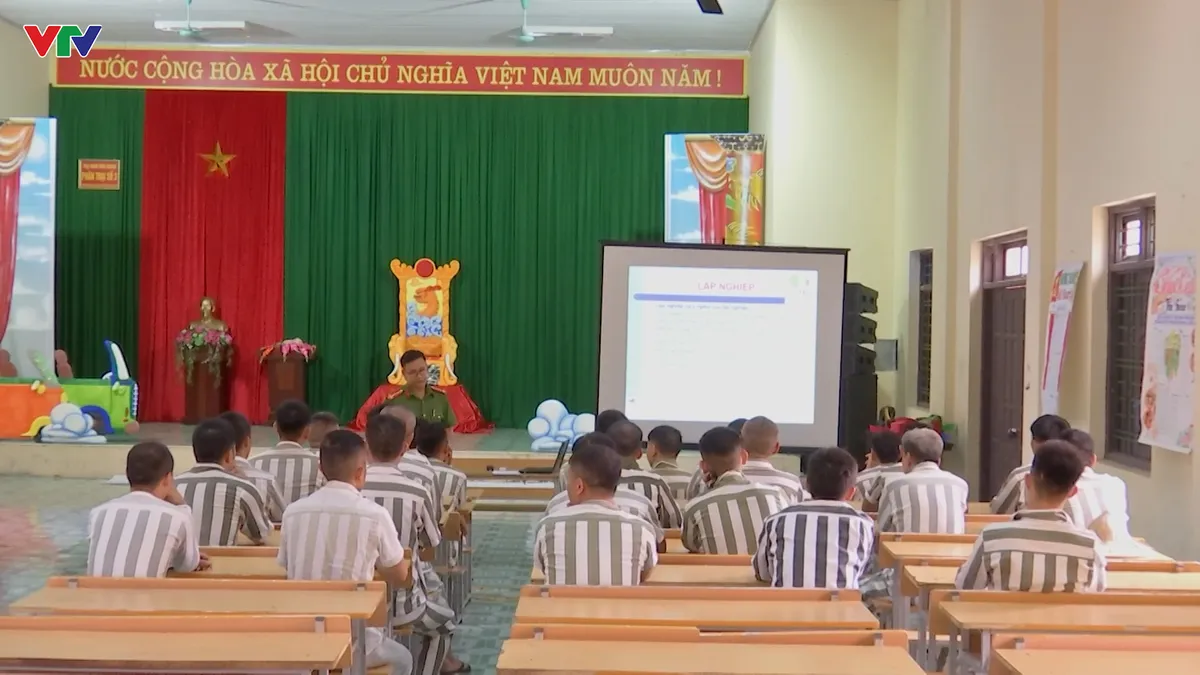
Propaganda and legal advice for prisoners
For the residential community, the coordination mechanism needs to respect privacy and not discriminate against those subject to the measures. The role of the residential group and the front working committee is determined in the direction of support, soft supervision, encouraging compliance, and helping relevant people access basic social services. A "safe - humane - effective" approach will make the measure of banning people from leaving their place of residence achieve the goal of deterrence and prevention while still ensuring human rights.
Regarding legislative techniques, delegates suggested that the draft law should: clearly define the authority to make decisions, extend, change, and cancel measures; standardize forms and notification deadlines between agencies; and process for receiving, assigning, and monitoring responsibilities for each officer. At the same time, there needs to be an internal inspection and audit mechanism and strong enough sanctions for cases of lax management, delayed processing, and data leakage.
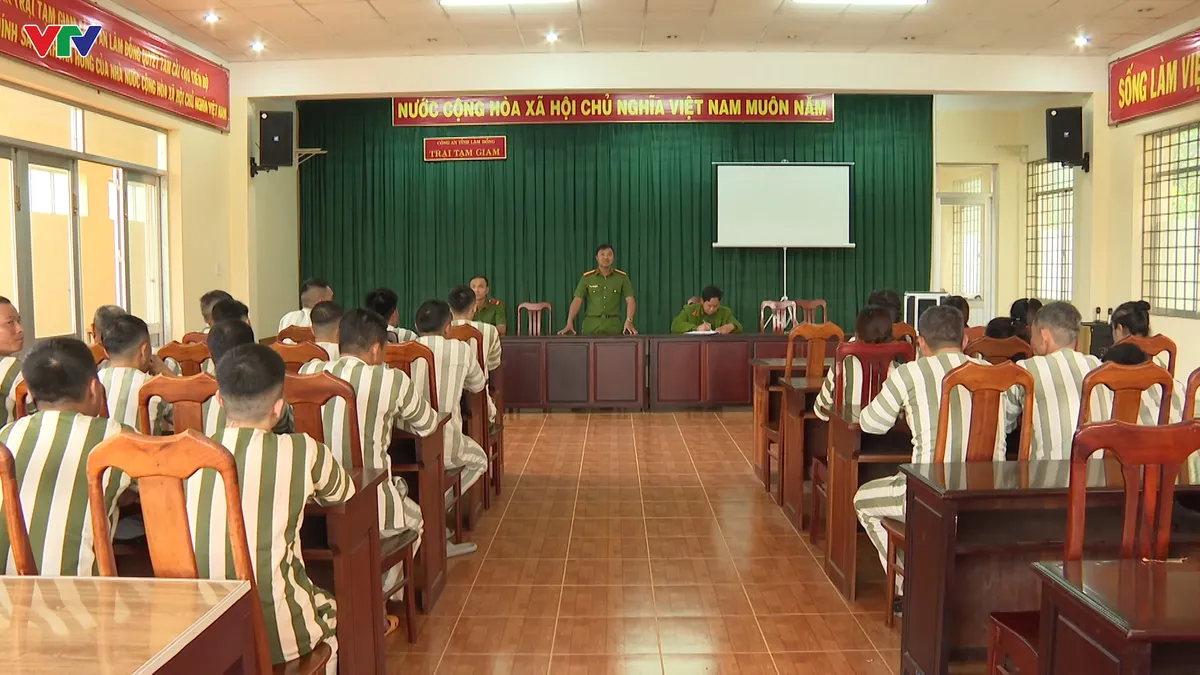
Propaganda and legal advice for prisoners
Some opinions suggest adding legal support mechanisms, psychological counseling, and job connections for those subject to measures to increase compliance. Practice shows that when fully instructed on rights and obligations, and with clear support channels, the level of cooperation with management agencies will be higher, reducing the risk of violations.
Delegates agreed on the direction: to complete the draft according to 3 main axes - building a coordination mechanism with clear responsibilities for 3 parties; strengthening the framework for protecting personal data, especially biometric data; standardizing processes, digitizing at an appropriate level to increase transparency and feasibility. When the focal point, authority, and process are clear, the measure of prohibiting leaving the place of residence will be effective, contributing to ensuring legal discipline, social order and safety, while protecting the rights and legitimate interests of citizens in all stages of the proceedings.
Source: https://vtv.vn/cam-di-khoi-noi-cu-tru-can-co-che-phoi-hop-100251106144147143.htm







![[Photo] Hanoi: Long Bien residents brave the rain to go to work and school amid traffic jams due to bridge closures from early morning](https://vphoto.vietnam.vn/thumb/1200x675/vietnam/resource/IMAGE/2025/11/07/1762485038077_dji-0206-1506-jpg.webp)


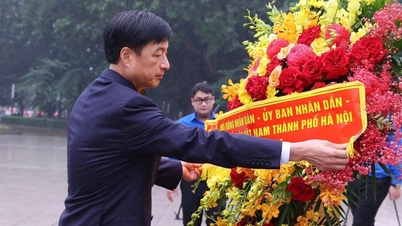
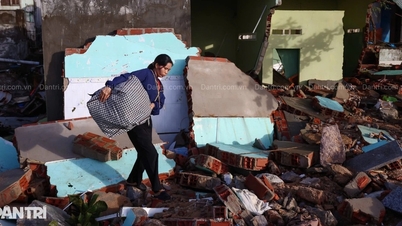


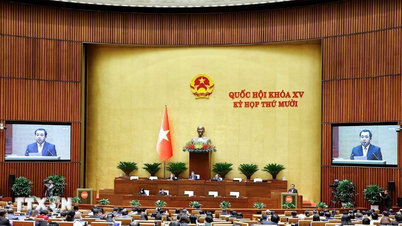
![[Video] Contributing to perfecting the country's major policies](https://vphoto.vietnam.vn/thumb/402x226/vietnam/resource/IMAGE/2025/11/07/1762475739788_du-thao-van-kien-5427-jpg.webp)


















































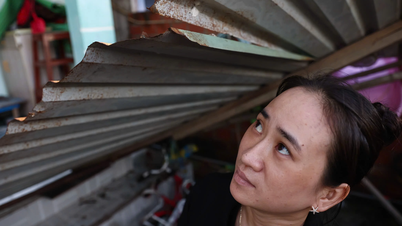



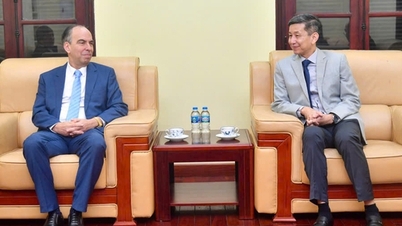
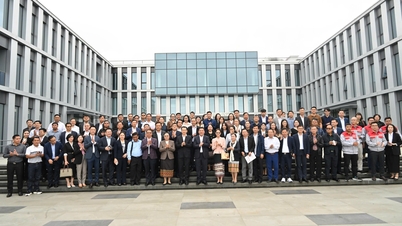


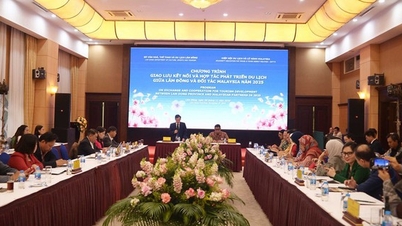
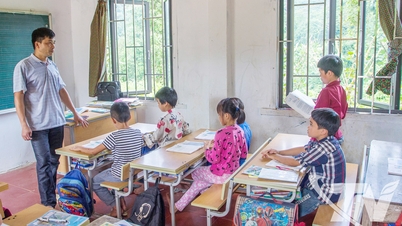




















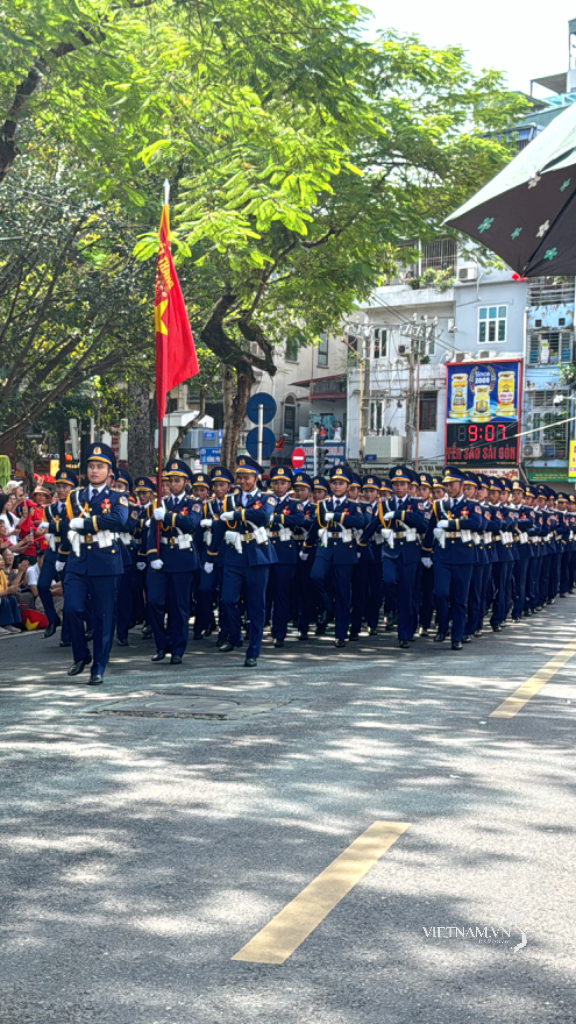


Comment (0)